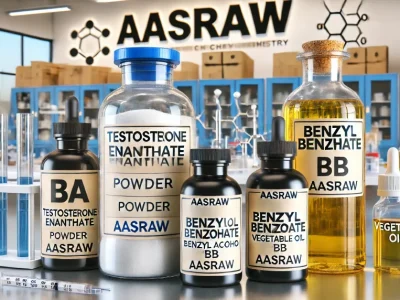Everyone feels sad or distressed at times when grappling various setbacks, losses or increased pressures. However, differentiating between appropriately coping with short-lived stressors versus chronic low moods potentially signalling clinical depression greatly impacts supporting well-being long term. Fortunately, clearly defining symptomology differences helps individuals self-assess conditions accurately to determine suitable management approaches. The primary distinction involves duration – how long negative emotion disturbances persist daily or most days. Many aspects overlap like sadness, fatigue, concentration lapses or sleep disruption. But when these and other symptoms endure relentlessly for over two weeks rather than temporarily, depression becomes likely.
For example, coping with a job loss or relationship breakup understandably elicits emotional volatility initially. But resolvable sadness eases while constructive actions address changes eventually. In contrast, seemingly trivial triggers amplifying hopelessness, self-criticism and despair unrelentingly denote depressive disorders necessitating care. Alongside assessing duration and evaluating additional interconnected symptom patterns provides vital clarity. Review indicators across psychological, physical and lifestyle domains that align more with coping resilience versus disorder risks:
- Stress coping tendencies
- Temporary emotional dips
- Remaining engaged in pleasurable outlets
- Asking supports to assist through challenges
- Using tools like exercise, nutrition, organization to problem-solve
- Potential depression signs
- Perpetual melancholy or loneliness
- Losing interest across most activities
- Withdrawing from personal relationships
- Abandoning healthy routines worsening conditions
Tracking prevalence across mental, physical and social health spheres dimensionalizes severity differentiators too. Isolated temporary dips signal expected coping. But when multiple areas spiral through sustained incapacity meeting responsibilities, clinical relevance becomes likely – and merits prioritizing assessment and care props. Keep in mind only licensed mental health practitioners can formally diagnose depressive disorders via in-depth evaluation. However, reputable online depression screenings excellently help individuals recognize emerging disorder warning signs versus appropriately coping short term. Leverage them as added clarity guides to optimize wellness choices and next step supports.
Getting accurate condition insights never constitutes “weakness”. Depression works as an illness requiring treatment, not a choice implying personal failure. Prioritize self-care seeking professional guidance to regulate brain health imbalances the same as you would for unchecked diabetes or hypertension risks. Then implement suggested lifestyle adjustments, therapy approaches and medication protocols as needed until stability restores capacity thriving every day ahead.
Depression’s oppressive darkness convinces you constructive options are lacking. But scientifically proven treatments fortunately spark renewed wellbeing when appropriately matched. By clearly distinguishing between productively coping versus spiralling clinical despair, critical intervention points get revealed. Complete confidential online test stress to understand your symptoms’ severity scientifically. As clarity around clinical depression develops, additional evaluation and support become attainable. Transformation awaits getting knowledgeable care targeting-specific contributors keeping you stuck. There is no shame admitting brain health requires assistance like other organs occasionally do. Screen, strategize and schedule care appointments until your outlook brightens sustainably again.







Comments